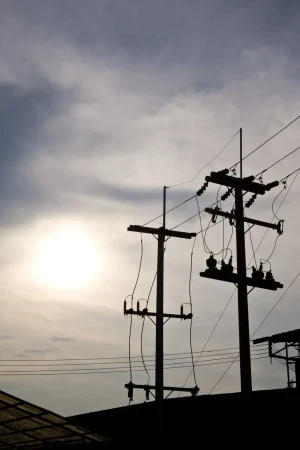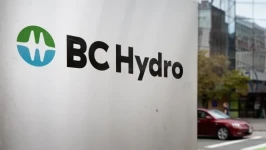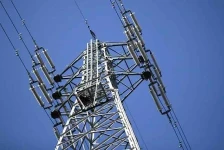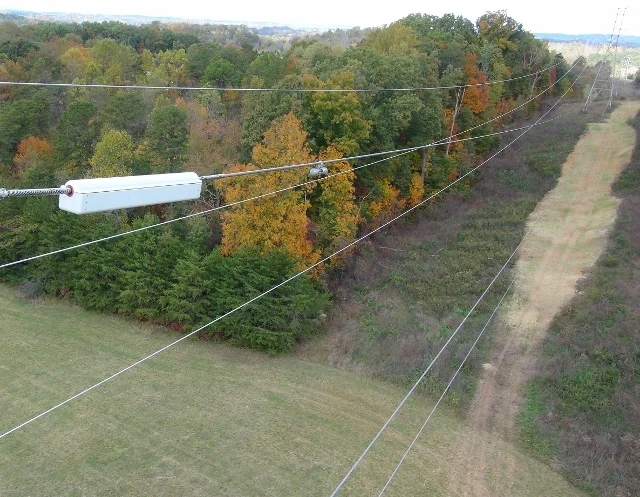In a significant shift, the Federal Energy Regulatory Commission (FERC) has decided to abandon its transmission incentives policy, particularly the construction work in progress (CWIP) incentives. This decision marks a pivotal change in how transmission projects are financed and regulated, potentially impacting stakeholders across the energy sector.
Historically, transmission incentives, including CWIP, were designed to encourage investment in the nation's aging and overburdened transmission infrastructure. By allowing utilities to recover costs during the construction phase, FERC aimed to reduce the financial risk associated with large-scale transmission projects. The incentives were intended to stimulate the necessary upgrades and expansions to maintain grid reliability and integrate renewable energy sources.
However, recent developments have led FERC to reconsider the effectiveness and necessity of these incentives. A prominent case in point is the abandonment of transmission incentives for PSEG’s transmission project within the PJM Interconnection region. This decision underscores a broader reassessment of the...















